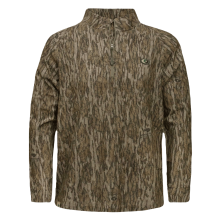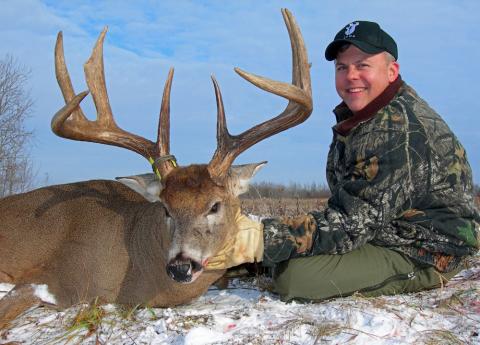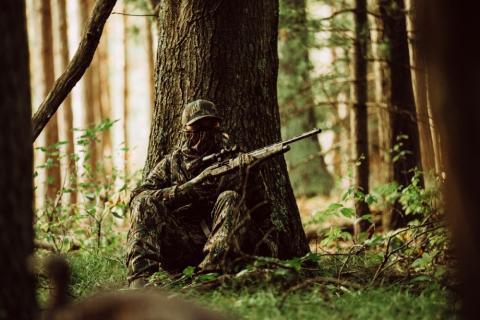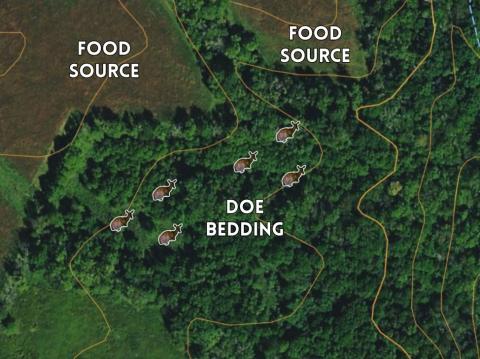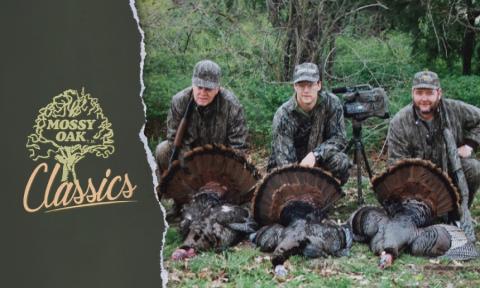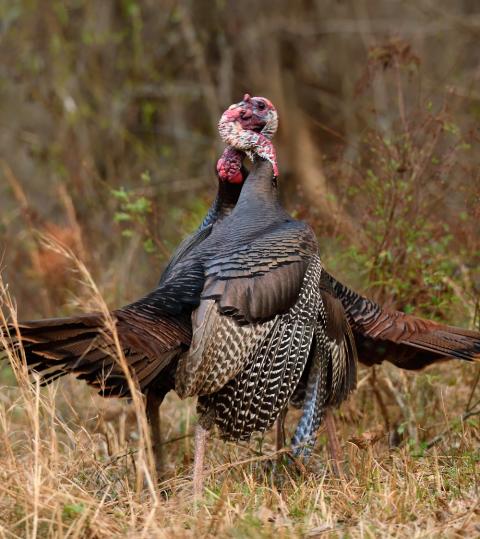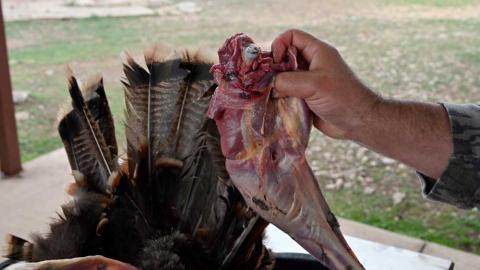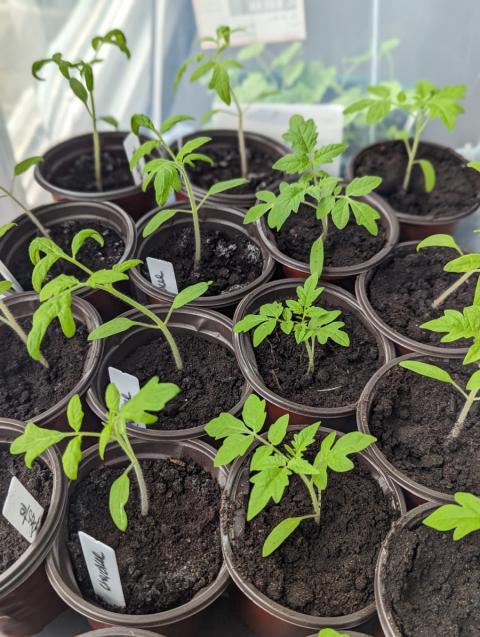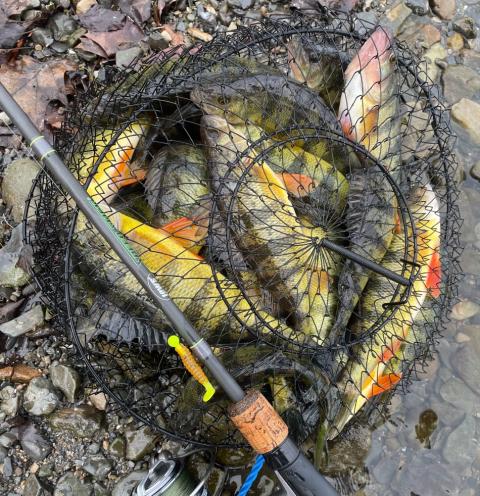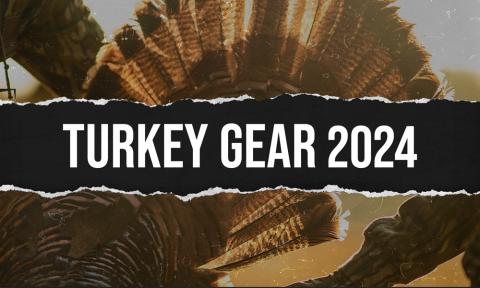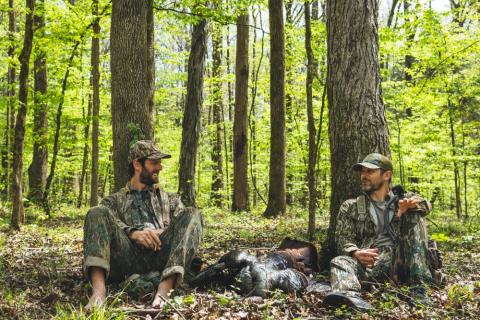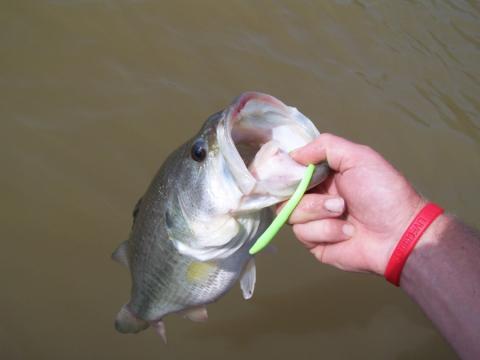Austin Delano | Originally published in GameKeepers: Farming for Wildlife Magazine. To subscribe, click here.
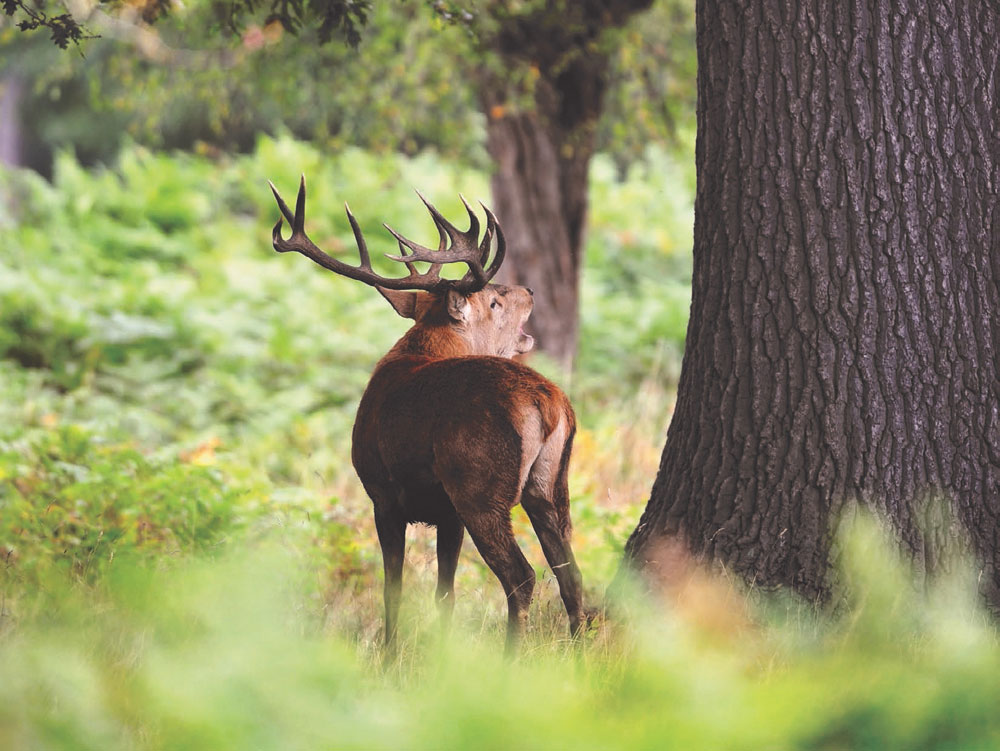
The “gamekeeper” is a centuries-old profession originating across England and other European countries and dating back to sometime in the mid-1600s. The gamekeeper was to perform tasks on estates and private lands to ensure there would be adequate game to hunt for the estate owner. Many gamekeepers were also employed by kings of the time and were in charge of all activities that took place on the royal lands and forests. Often times these hunts, put on by the kings, were a major event and lasted for a week or more. The gamekeeper’s work was then on display for the royal family, and their guests and the quality of the hunt determined how good of a job the gamekeeper had been doing.
The early European gamekeeper lifestyle was made for someone who enjoyed long and lonesome hours working in the countryside. This very rural job meant being up early to look out for poachers and starting on daily chores as well as staying out late, hunting and trapping predators in the night. Gamekeepers employed by royalty and other large estate owners were often supplied living quarters on the land they managed so they were always on the premises. Deer that lived in the royal forests were highly regarded, so much that often gamekeepers were asked to keep count of them because they were in the king’s royal will.
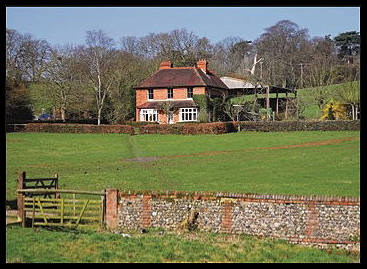
gamekeepers were frequently given a house to reside
on the land.
Frequently the quarry was upland birds, including grouse, quail, and pheasants. The gamekeeper would raise birds on the grounds to ensure there were plenty of birds to be hunted when the time came. Aside from raising the birds, the gamekeeper also had to manage and improve the habitat so the released birds had a safe environment to live in and flourish.
Often time the “keeper” also specialized in certain areas of hunting. If the game for the day was deer, a gamekeeper well versed in this area called a “deer stalker” was on task to help the hunting party find their game. Another specialized area some gamekeepers were part of was fishing, these “river-keepers” were charged with taking care of the streams and creeks and improving them for fishing. The river-keepers would maintain areas for ideal fishing, and just like all gamekeepers, keep a watchful eye out for poachers and trespassers.
A gamekeeper’s duties didn’t stop at simply raising birds and doing a little farm work. Most were also involved in training the dogs to be used on these week-long hunting parties. After all, in earlier centuries, the kings hunting dogs were one of his most prized possessions and could be judged by his peers on how well they performed.
Funny, things haven’t changed a whole lot. One giant ocean apart and 400 years later and we all still make our hunting dogs a major part of the sport. Being well trained in gun use was also an expected duty. Being able to properly fit guests with the appropriate weapon, cartridges, and supplies was part of the hunt.
Looking back at the rich history of gamekeeping and conservation helps me feel good about the management so many of us are passionate about. We live in a different time and part of the world than these original keepers, but the knowledge of the land, love for the critters, and the obsession to make your piece of dirt the best it can be, is the same.
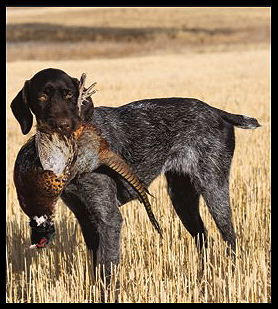
training gun dogs was one of the
gamekeepers’ many jobs.
These historical gamekeepers often worked for very little pay, but found deep satisfaction in the job that they did and saw it more as a way of life than a job. I am of the mind that many of us feel the same way today. Whether you lease property, hunt public ground, own land, or just take care of your granddad’s “back 40,” being a gamekeeper is a universal passion. The love for taking care of God’s land and animals has ancient roots and with your hard work hopefully a bright future.
Eugen Macri, an aquatic and environmental scientist, started a non-profit organization in 2004 called “The Last River and GameKeeper.” He works with many of our countries great trout streams to use good science to protect streams, rivers, and watersheds. With a passion for taking care of our water and surroundings, he wrote the following passages called the “Code of the River and Gamekeeper.”
"When the morning light has touched my face I will awake to the new challenges of the earth. The water, the land, the air are my inheritance and the fish that swim, the deer that roam, the flowers that shine their glory on this earth and all other creatures both big and small are my children. Whether I am a fisherman or a hunter, or just a naturalist I will respect the bounty of nature with proper use and preserve it for coming generations. I do this because I am the riverkeeper, I am the stream-keeper, I am the gamekeeper, I am part of this circle of nature and this circle cannot be broken.
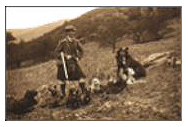
gamekeeper in the
highlands of Scotland.
It is the noblest of purposes that I am the keeper and it is with the noblest of purpose that I honor the code of stewardship of this earth. Never let it be said that I have failed because if I do, the earth's children will be poorer for it. I must pass it on to the next generation of keepers. Each of us is the last river and gamekeeper. Each of us is responsible for the earth's stewardship.
In the end I will be judged not by the gold I have accumulated or the dominions of my power but by what is left of the world I inherited and made better. And what I did as the keeper and what I passed on."








